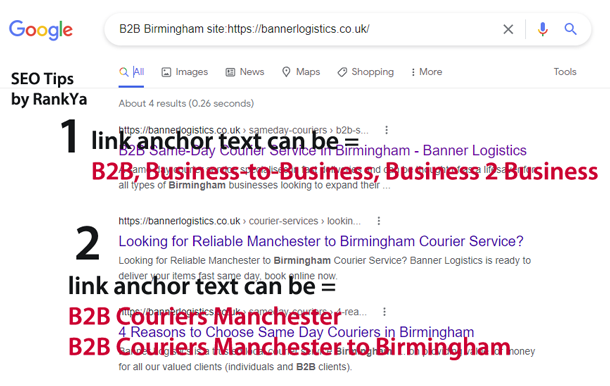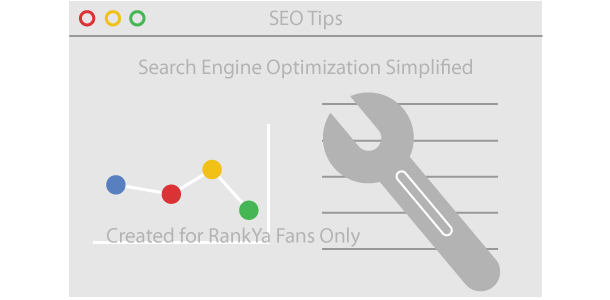This is a RankYa Fan special blog post showing you Search Engine Optimization tips for top Google rankings.
SEO Tip 1 = Schema Markup Structured Data for Local Business
When adding schema markup for a Local Business, only add the Structured Data on home page, contact us page and about us page. If the business details (Name, address, phone number etc.) are in all the URLs on a web site (for example: footer section). Then, Schema Markup information should be inserted at those locations.
You can insert additionalType either from LocalBusiness subtypes, or from https://en.wikipedia.org as shown in the video tutorial.
WordPress Shortcode
You can create a WordPress Shortcode in Theme > functions.php
function localBusinessShortcode(){
return 'insert your Local Business schema markup here';
}
add_shortcode('insertlocalBusinessShortcode','localBusinessShortcode');
Then using [insertlocalBusinessShortcode] WordPress shortcode, you’ll have access to your Local Business Schema to be placed anywhere on your local business website (e.g. Widgets, Footer or Sidebar)
SEO Tip 2 = Schema Markup Structured Data for E-commerce Products
When adding Structured Data for Product URLs, then, no other parts of the website should include Product Markup.
Furthermore: you can explore http://www.productontology.org/ or http://purl.org/goodrelations/ to identify additionalType for Product Structured Data adding further definitions for types of product or services that extend the schema.org and GoodRelations standards for e-commerce markup. GoodRelations is a data model for sharing e-commerce data on the Web and search engines like Google already support these data types.
Example Usage
<div itemscope itemtype="http://schema.org/Product">
<link itemprop="additionalType" href="http://www.productontology.org/id/Hammer" />
Other schema.org properties can go after this
</div>
SEO Tip 3 = Internal Linking
The way to tell search engines like Google about the importance of a URL is through increasing internal link counts. This process should be strategic without guessing, that is why you must use Google Advanced Search Operators to identify which URLs Google ranks for a specific keyword. You can do this using site operator
- ExampleKeyword site:example.com
- ExampleKeyword AnotherExampleKeyword site:example.com
You now know exactly which URLs Google valued according to your target keyword/s. You can now internal link towards those URLs making them stronger in terms of relevance.
 When you couple these insight with Google Search Console Performance reports for your next blog posting, then, your website Google ranking position will increase.
When you couple these insight with Google Search Console Performance reports for your next blog posting, then, your website Google ranking position will increase.


